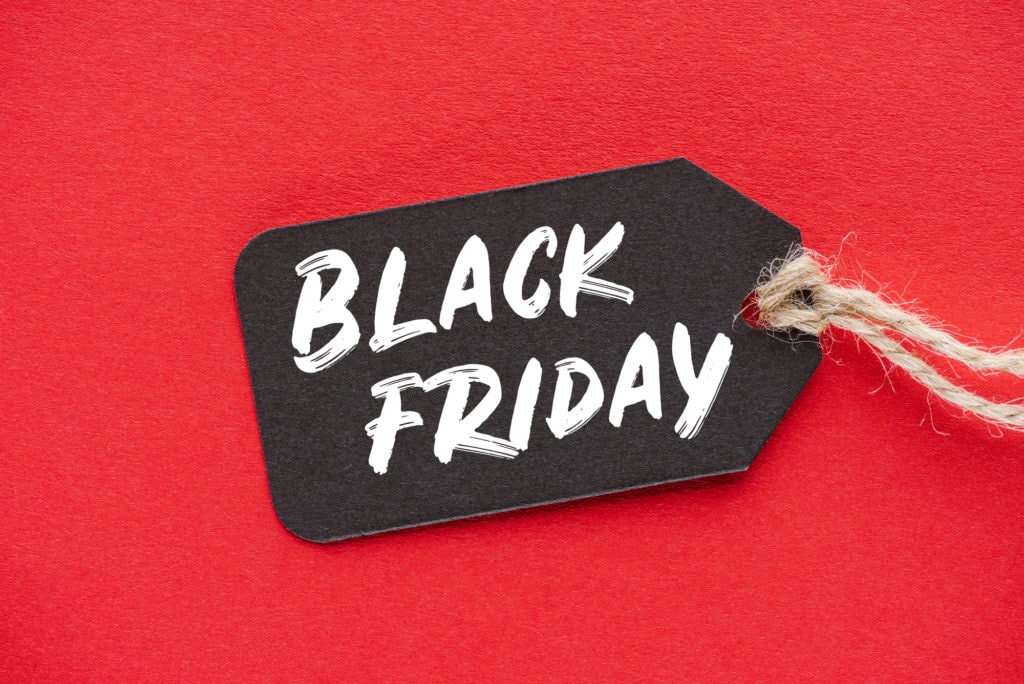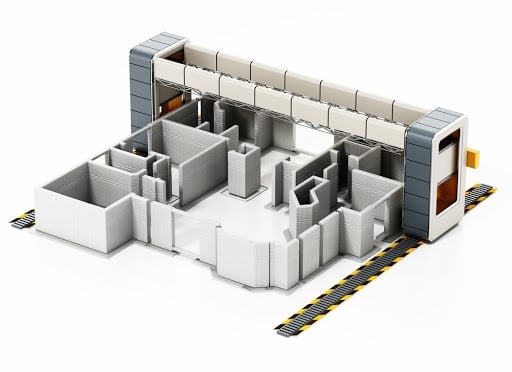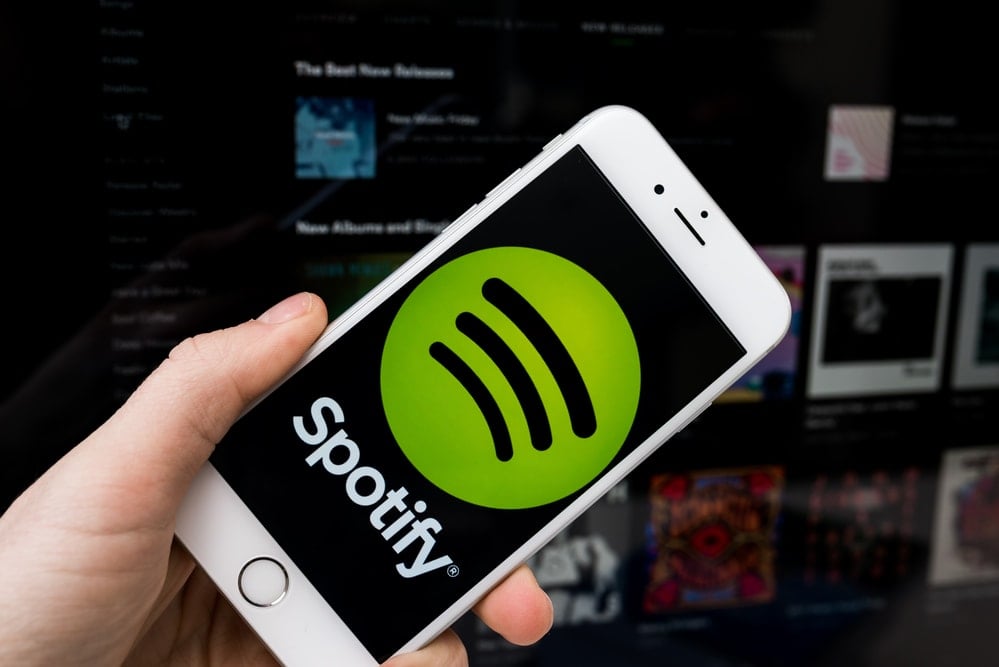What are the odds of a pandemic bringing Black Friday 2020 to a screeching halt?
What's so special about Black Friday? Ask any penny pincher, and they'll tell you it's the best time of year to get bargain basement deals on top-of-the-line merchandise. And for retailers, it means record-breaking sales.
But first...
Thanksgiving Day brings families around the table to gorge on a feast of turkey (or Tofurkey), stuffing, green bean casserole, and pumpkin pie. It's a time to reflect on the blessings bestowed upon your loved ones. And if you're lucky, your drunk Aunt Betty will only drill you for 20 minutes as to why you're 30-years-old and still single.
What else can you do once your family passes out, and your fly no longer zips? Go shopping, of course!
The COVID pandemic may change Black Friday for everyone this year. And retailers need to know what to expect before the big day arrives.
Entrepreneurs, if you want to double your sales in the next three months, be sure to watch this:
What Is a Black Friday Sale in the USA?
Black Friday is a shopping tradition for people across the United States. Technically, the spending spree starts the day after Thanksgiving. But in recent years, many companies have begun opening their doors on Thanksgiving Day to lure even more bargain-hungry customers.
While it originally began as a USA-only holiday, Black Friday is now a global event. An increase in online consumerism has made this shopping event popular across the world. As an entrepreneur, this change could put even more money in your pocket.
Will There Be a Black Friday 2020?
This year, Black Friday should happen on November 27. However, 2020 has been anything but ordinary. Consumers now wonder if they'll have to forego their yearly tradition to comply with social distancing and mask mandates. And with a highly-contagious virus still out there, store owners wonder if anyone will take the risk.
So, Is Black Friday Cancelled Officially?
Unless the government suddenly issues stay-at-home orders for the entire country (which is HIGHLY unlikely), Black Friday is still on the calendar. But don't expect it to resemble the same shopping day you've come to know and love. With the threat of COVID still looming, retailers are likely to put extra precautions to ensure customers stay safe.
What can you expect this year? Don't expect to see huge crowds fighting over the last Xbox One. This year isn't likely to create mass pandemonium or hysteria outside malls and shopping centers. The days of violating fire codes are over. Crowd enforcement will become the norm, and retailers will likely offer fewer in-store deals to prevent an angry mob.
Door-buster deals will still exist, but not as many people will go to brick-and-mortar stores to get them. It will take a long time for the population to feel safe reentering society after extended lockdowns. Some stores may remain closed for the holidays or operate on shortened hours.
But that doesn't mean there won't be amazing deals—just don't expect to find them in-store. Instead, most retailers have begun planning for huge online sales. The businesses that will come out ahead this Black Friday are the ones ready to cater to an online audience.
The Retail Predictions for 2020 Are In

Reading the news this year doesn't make anyone feel good. Stories of death and despair fill the airways. A constant battle between the left and right has turned neighbors against each other. The stock market has been a roller coaster that most people are too afraid to ride. The fear of the unknown has paralyzed much of the country. Will anyone find a pot of gold at the end of 2020?
What if we told you the answer is yes? Entrepreneurs can still meet or exceed their sales goals during Black Friday—if they know how to play their cards.
Since COVID remains a hot topic of discussion, it only makes sense for people to be less likely to hit the stores. CNN Business discusses the reality of Black Friday this year in an article entitled, "Black Friday as we know it is finally dead." Scott Rankin, principal and national consumer and retail strategy leader with KPMG US, told CNN, "With everything that's going on, there may be no Black Friday at all. I can't imagine retailers buying inventory to stock up for an event designed to pack hundreds of people into a store. There are so many risks to that."
Rankin further nailed the shopping holiday's coffin shut by claiming the only way it would happen is "if by some stroke of luck we have a vaccine and everyone gets it by Black Friday."
But That's Not the Whole Story
Those are some grim odds for retailers who rely on the holiday to enter Q4 with a bang. However, don't lose all hope for Black Friday quite yet. There is still plenty of good news for both store owners and customers alike.
The economy is resilient. Although the pandemic brought Depression-era unemployment, the labor market recovered 1.37 million jobs in August. The real estate market has remained unscathed. While spending is down—Q2 GDP plunged by 32.9%—there is a bright light on the horizon. As the country opens up more and people get back to work, retailers should see increased consumer spending. And, of course, unbeatable sales will help to lure in shoppers.
Retail stores, however, didn't suffer the same losses in 2020 as other sectors. Airlines, casinos, leisure facilities, and restaurants took a massive hit during the early days of COVID. But people kept spending their money in other places. Grocery stores saw bigger than average gains—remember toilet paper hoarding? And online retail spending also increased.
Forecasters predict consumers will look for more ways to save money online. But some shoppers will still don their mask and gloves to venture indoors.
Here's how experts predict retail stores will prepare, both online and in-person:
- Starting sales earlier: If you put it on sale, they will come. Retailers may offer their lowest prices before Black Friday to entice customers. It will make the shopping season longer, but this strategy may help smaller stores come out ahead.
- More payment options: A national coin shortage and fear of germs have reduced the number of shoppers paying in cash. Retailers will accept more forms of payment. In addition to credit and debit, expect to see Apple Pay, Google Pay, and other contactless payment methods at most major stores.
- Increased safety measures: Consumers are still cautious about being around others. Instead of allowing large crowds, stores will find ways to limit the number of customers inside at a time. Curbside pickup and contactless delivery may become the norm.
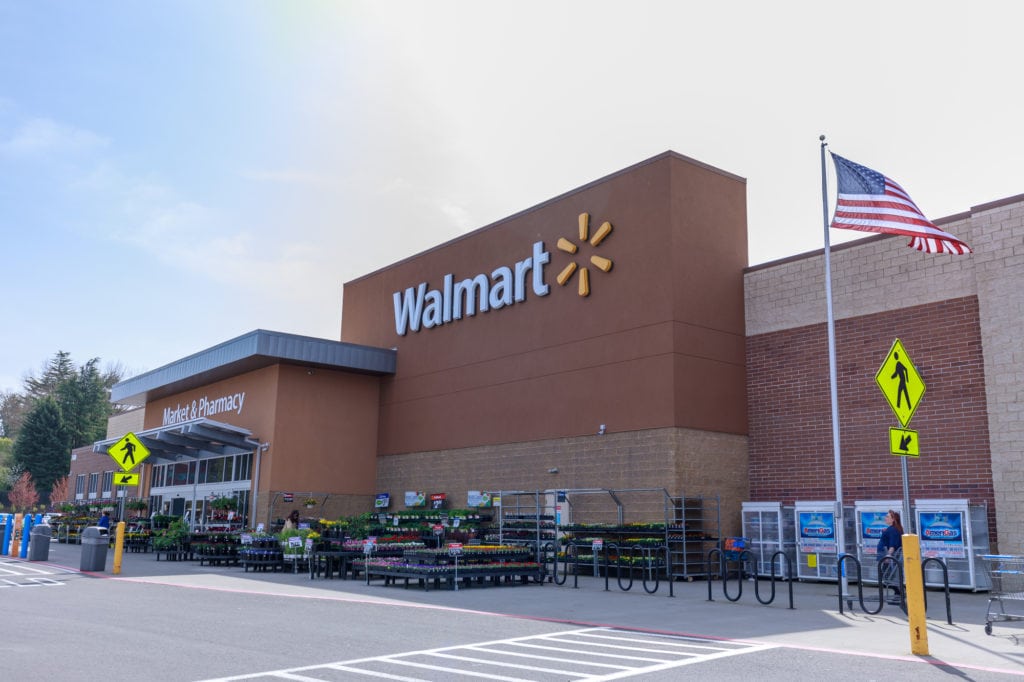
Will Walmart Have Black Friday 2020?
Walmart remained opened during the never-ending quarantine of 2020. Deemed an essential business, people went to the store in droves to stock up on Lysol, toilet paper, baking supplies, and beer (except for Corona). It only makes sense for Walmart to stay open for Black Friday.
In past years, Walmart would often end up on the nightly news for Black Friday chaos. There are videos of Black Friday shoppers rushing the doors, yelling, pushing, and just being rude all over the internet.
But 2020, of course, will be different. In an article titled, "Walmart will close stores on Thanksgiving, ending a Black Friday tradition that drew huge crowds," Business Insider reports how the store plans on reducing traffic during this big event. John Furner, the president and CEO of Walmart US, said, "We know this has been a trying year, and our associates have stepped up. We hope they will enjoy a special Thanksgiving Day at home with their loved ones."
The Thanksgiving Day closure will also affect Sam's Club stores. But consumers should still expect door-buster deals on Friday morning.
Walmart encourages holiday shoppers to take advantage of money-saving offers in a way they feel safe. Those who don't want to shop in person can purchase online for delivery or in-store pickup. The company will also have sales on Cyber Monday. Customers can already browse Walmart's 2020 Black Friday deals to begin making their shopping lists.
What Stores Are Having Black Friday?
Most stores still plan on participating in Black Friday 2020. Bigger stores will continue to offer in-store shopping, but be sure to call ahead to verify. Store hours and occupancy capacities may change. Consumers should expect to see more online sales. Although most major retailers haven't announced their deals yet, they should release sneak-peeks in the upcoming weeks.
One significant change for this year is Thanksgiving Day sales. Although always controversial, many retailers began offering early-bird deals on Thursday to maximize profits. However, this year, many retailers already made the decision not to open on Thanksgiving, including:
- Bed Bath & Beyond
- Best Buy
- Kohl's
- Target
- Ulta
- Walmart
Although you won't be able to shop in-store on Thursday, some of these stores may still offer online deals. And all of them, as of right now, plan to open their doors on Friday morning.
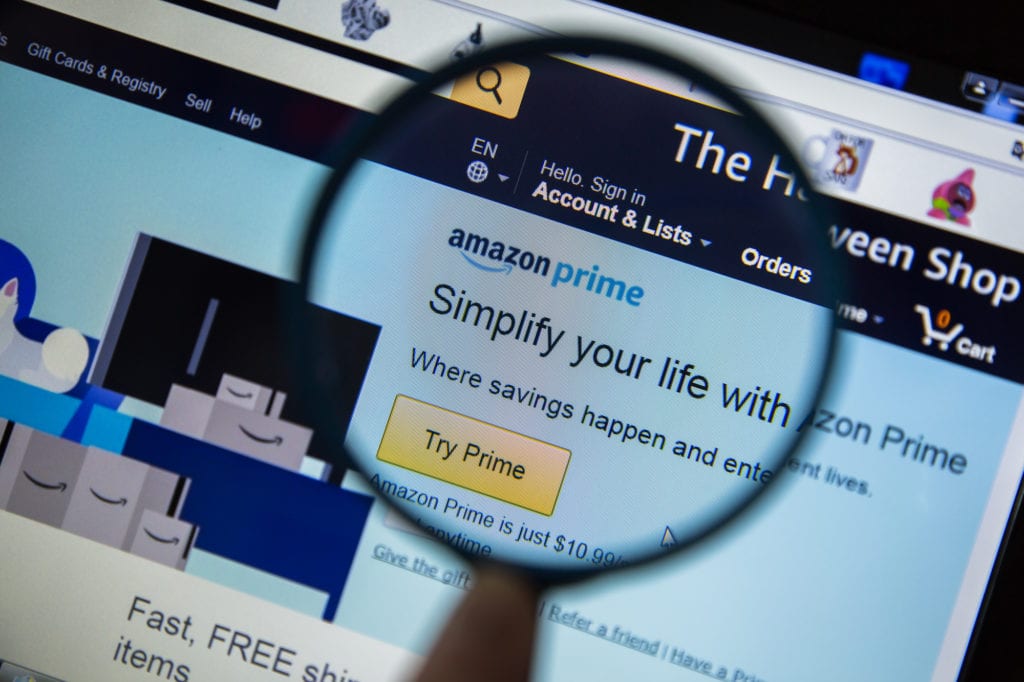
Amazon Prime Day in Q4, Really?
Amazon Prime subscribers look forward to Prime Day each year. The first Prime Day debuted in 2015 to commemorate the site's 20th anniversary. Initially, it was a one-day-only event. But over the years, the sales expanded to cover 48-hours of great deals.
Prime Day 2019 was Amazon's biggest sale to date. Economists report the site sold $7.16 billion of goods—a staggering 71% increase from 2018! Gross sales estimates even surpassed Black Friday sale 2019 ($7.4 billion) and Cyber Monday 2019 ($9.4 billion). Before COVID hit, there was speculation Amazon would set yet another record for 2020.
In any typical year (which 2020 definitely is NOT), Prime Days falls in July. This year, however, a drop in consumer confidence and spending led Amazon to postpone the event. There are rumors the site will reschedule it for October. This date makes sense because Black Friday Amazon is another sale altogether. But don't hold your breath—Jeff Bezos has already rescheduled Prime Day three times. There is still a high probability Amazon will make sure it happens sometime during Q4.
Prime Day, Black Friday, and Cyber Monday
Depending on when Prime Day falls, it may compete directly with Black Friday or Cyber Monday. This move could be disastrous for smaller retailers. Big box stores, like Walmart and Target, are probably safe. But mom and pop shops are sure to suffer revenue losses.
Amazon knows how to play the sales game well. According to money expert Clark Howard, "Prime Day has always been about, 'Wouldn't it be fun to have this gadget or this gizmo?' But this year, because they probably have a lot of excess inventory of things people haven't been buying, I'm expecting Prime Day to offer some really good bargains—better than Amazon has offered in the past."
Luring in consumers is Amazon's specialty.
Here's why shoppers will probably want to drop cash on Prime Day instead of during another holiday sale:
- Amazon may offer the best deals early in the sale to secure the buyers' dollars. Consumers probably won't find better sales elsewhere—at least not until later.
- Depending on the sale date, there may not be enough time for smaller retailers to restock before Black Friday or Cyber Monday. Amazon, however, sells over 12 million products. Consumers will find plenty of choices.
- Prime shipping is one of the most reliable ways to get packages during the holiday season. Amazon is sure to find other methods to work around any shipping delays.
- Brick-and-mortar stores will most likely have limited inventory. Amazon, on the other hand, has a network of over 2.3 million active sellers, reducing the risk of sold-out items.
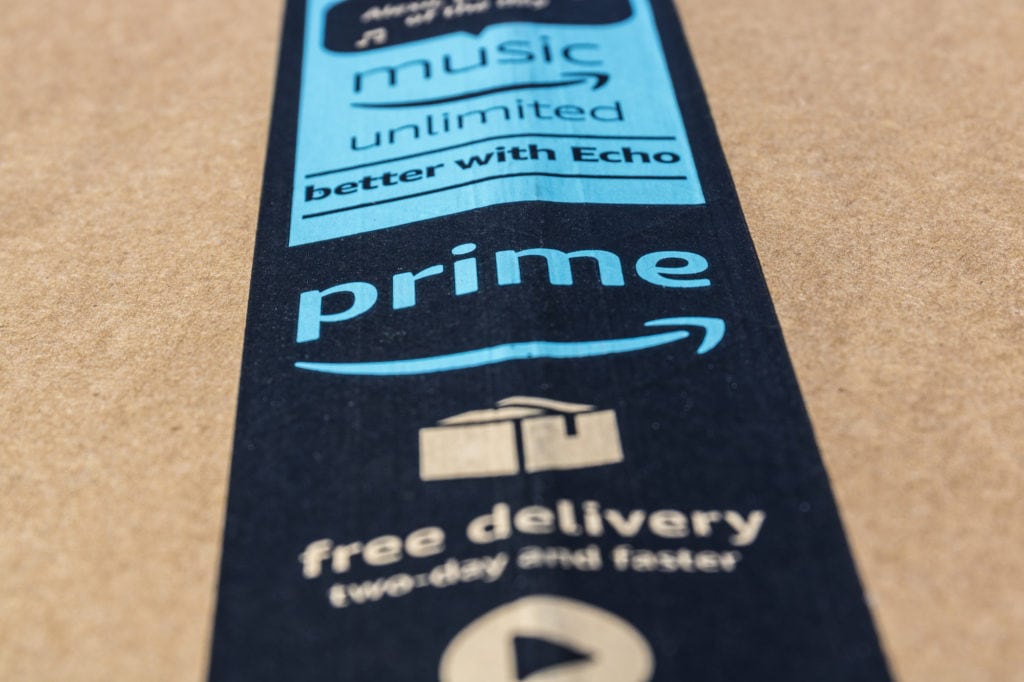
Although Bezos hasn't set anything in stone for Amazon Prime Day 2020, we should expect the giant marketplace to do whatever it takes to set another record. While other retailers saw revenue decreases, Amazon doubled its net profit year over year after Q2, despite COVID.
What About Cyber Monday 2020?
In past years, Black Friday focused on brick and mortar sales. While it's now common for stores to also offer online deals, it wasn't always this way. On November 25, 2005, the first-ever Cyber Monday took place. It started as a way to bring more traffic to e-commerce sites. Today, it's the busiest online shopping day of the year. Cyber Monday always falls on Blue Monday—the first Monday after Thanksgiving. You can celebrate it on November 30, 2020.
COVID may affect Black Friday sales, but it won't change how retailers handle Cyber Monday. The most noticeable difference may be smaller inventories. Big-ticket, hot-buy items will sell out faster due to limited stock. Since the sale is here to stay, here's how e-commerce sites should prepare:
- Start advertising NOW!
- Update your online inventory.
- Grow a larger audience on social media.
- Look for ways to avoid possible shipping delays.
- Communicate with customers with COVID-19 return policies.
These simple tips will help your site stand out from the rest on Cyber Monday. And with any luck, you may break your Q4 sales goals.
Tips to Survive Q4 in 2020
E-commerce has been on the rise for years, but COVID-19 has sped up the inevitable shift to online shopping.
As an entrepreneur, here's how you can prepare for a successful Q4 in 2020:
- Improve your online visibility. Now is the time to really promote your brand to others. Create social media profiles, and update them daily. The more you connect with followers, the bigger your audience will grow.
- Build an email list. E-commerce store a dime a dozen. The only way to get people to your shop is by building a loyal audience. An email list is a great place to start. Try connecting with people on Facebook or offering giveaways to collect emails. And use your list to inform potential customers about upcoming sales or new products.
- Take your website on a test run. Make sure every page of your e-commerce site opens quickly and without issue. You should also look into upgrading your POS to ensure every customer experience a smooth, problem-free checkout.
- Advertise everywhere you can. Even though e-commerce is on its way up, advertising costs are at an all-time low. Take advantage of these great deals and begin a variety of advertising campaigns.
- Launch a new product. Got a great product waiting in the sidelines? Now could be the best time for you to go ahead and release it to the public. Take advantage of cheap capital funding to get your product ready. A pandemic product launch may be the best decision you make all year.
- Get your products on Amazon. If you're not already in the FBA program, what are you waiting for? Amazon's profits skyrocketed this year. You can enjoy a bit of the action by listing your products on the site. And with Prime Day scheduled for Q4, you don't want to wait any longer.

Why Is It Called Black Friday Anyway?
After hearing all the predictions about Black Friday, you may be curious about its beginnings. Some believe Black Friday got its name because many stores go "into the black" after the sale. But it may shock you to learn the dark origins of the day's mysterious name.
The term Black Friday dates all the way back to 1869. On September 24 of that year, Jay Gould and Jim Fisk, two investors-turned-fraudsters, caused the gold market to collapse. Doing so made the stock market crash a whopping 20-percent. It was not a good day for many people, as you can expect.
Fast forward to the 1950s, and Philadelphia cops used the term to describe the day between Thanksgiving and the Army-Navy Game. Massive crowds of shoppers and tourists came to the city, leaving officers feeling tired and overwhelmed.
Today, however, stores plan for this big sale all year long. It's the reason so many companies make their highest profits in Q4. Black Friday 2018 and 2019 saw unbelievable profits. And companies hope to see similar results this year.
Even though the history of Black Friday isn't all puppies and roses, it now reflects a time when profits go from red to black. And the rest is camping-outside-Best-Buy-at-3-am-to-get-your-hands-on-a-Nintendo-Switch history.
Do Black Friday Sales Last All Day?
Why would anyone give up their chance to sleep in after a 3,000 calorie meal just to hit the sale rack? Simple—the money-saving, limited-time offers create FOMO.
There are no set-in-stone rules for Black Friday deals. A few stores start their sales days or even weeks before the calendar date. Some prefer to interrupt Thanksgiving Day for a limited-time discount. Others open their doors before the sun rises on Friday morning. And the remaining stick to their regular store hours.
Seasoned shoppers gather Black Friday circulars well before sales begin. They'll map all the stores they want to hit and create a minute-to-minute schedule to make sure they get everything on their list. And in many instances, they'll finish shopping before lunch.
Black Friday is the biggest FOMO event of the year. Stores only have a limited number of items available. If something sells out, don't expect a rain check. Retailers rely on FOMO to drive in consumers. Staggered start and end times across the board makes it more fun—and profitable—for everyone involved.
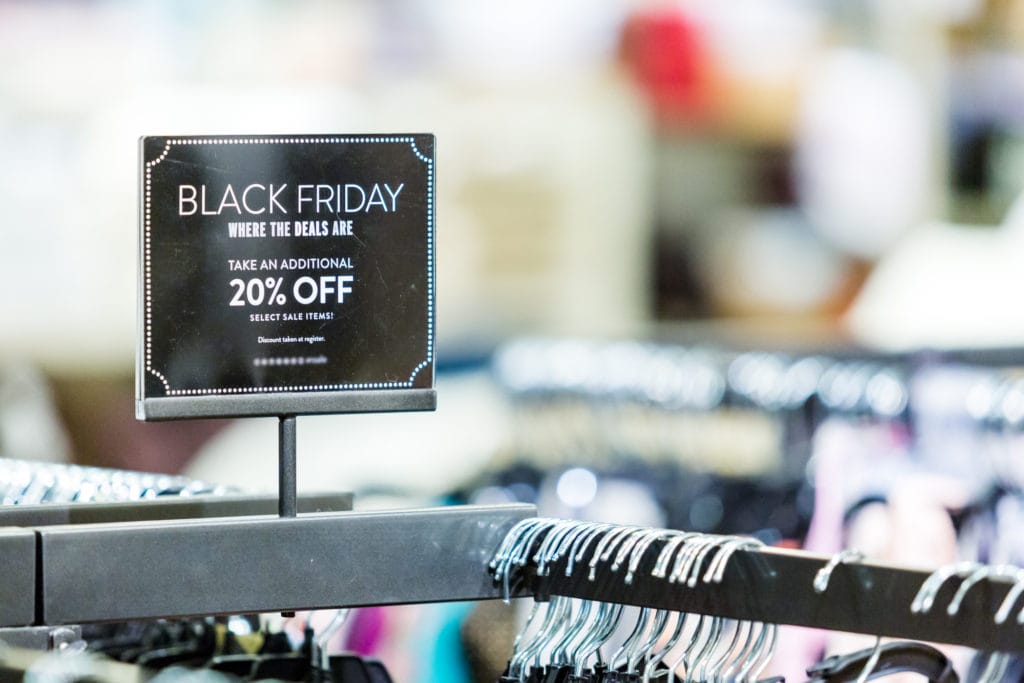
Are You Ready for Black Friday?
While this year's sales may not be as action-packed at the Black Friday movie, the day is sure to be jam-packed with excitement. Even though in-person shopping will slow down to a trickle, expect to see an uptick in online sales.
2020 is a year like no other, but remember, the best is yet to come. As the economy continues to improve and restrictions lift, we can expect to see consumer confidence also increase. Hopefully, Black Friday and Cyber Monday sales will ignite the torch needed to set Q4 spending on fire.
To all the entrepreneurs out there, this may be the year you really make your mark. You don't have to do it alone, though. There's an online community with your name on it, filled with entrepreneurs who collaborate, mentor each other, and celebrate each others' wins. It's The One Percent. Consider this your invitation to join us!
And if you're just starting to look at how you can start and grow a business of your own, we've got something for you, too. When you're ready to begin your journey, these ten videos will show you how to get to 100 sales per day. Get started at Capitalism.com/start.
